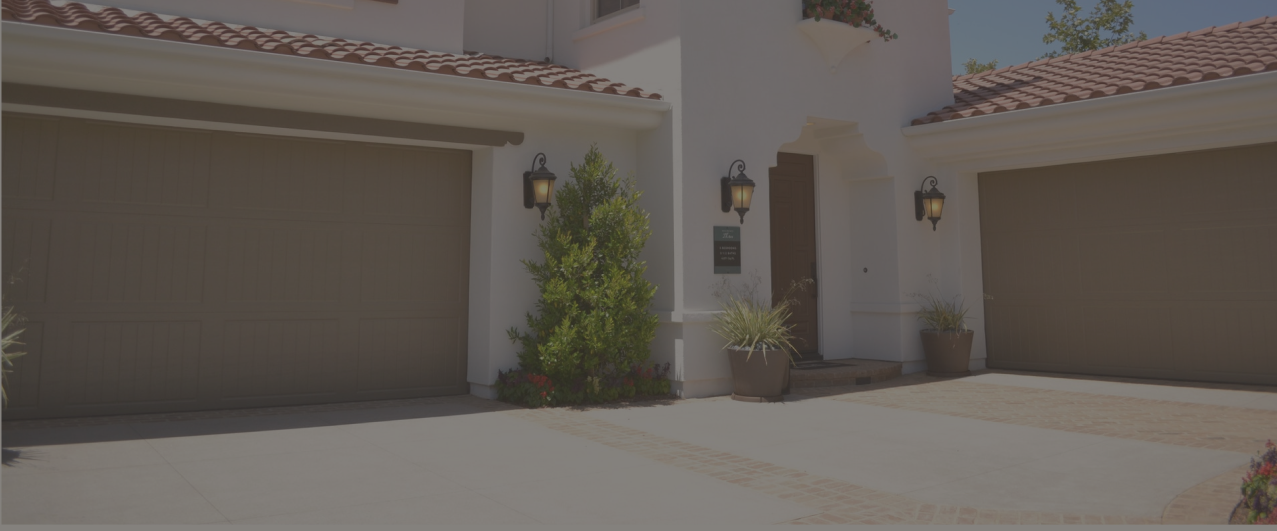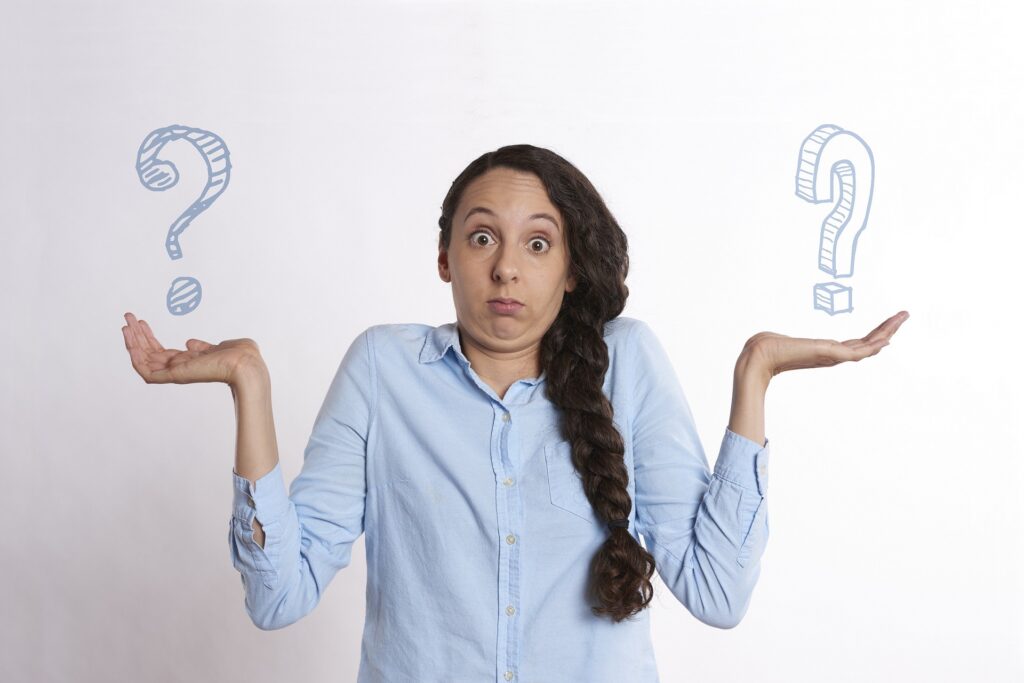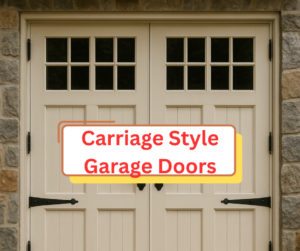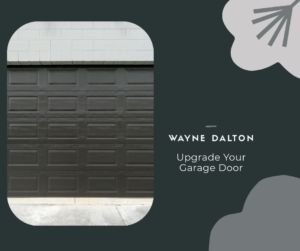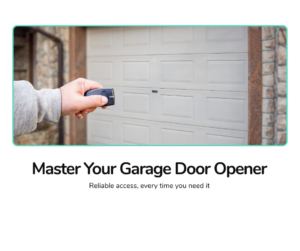Ways to Fix A Noisy Garage Door and Inspect Moving Garage Door Parts
In case of noisy garage doors, you have to deal with the cause of noise. It must make the garage door easier and safer for you so you can handle the unexpected noises quickly. This list of common problems helps determine the cause of garage doors making noise from their openings. A loud garage door makes garage door noises that can be telling of the garage door overall health. A professional garage door technician can diagnose the issues and make the necessary garage door maintenance to get the door dialed in an operating at full functionality. Many garage doors have worn rollers which can lead to an unbalanced door and the worn rollers are a common garage door noises that we come across. Rumbling sound from the tracks can indicate the garage door hinges may be need to be lubricated and cause jerky door movements. Safety precautions will have to be taken to get the garage door running smoothly and keep the garage door quieter – at some point homeowners are going to want to call a professional.
Lubricate or Replace the Rollers
It can also cause problems if the door is loud when opened. Find out the best way of cleaning the garage door by cleaning the wheels as much as possible. Maintain regular lubrication for door movement using Clopay Pro Lube Synthetic Garage Door Lubrication or a similarly synthetic lubricant until noises in the garage doors disappear. This includes the roller shaft where you hold on to the hinge, hinges, a cable at the top of bracket buttons, bearing and a spring system. Worn out rollers are a huge factor for garage door lubricant and grinding noise that can be the garage door noise when opening or closing the door. Strange noises like a scraping sound or other loud sounds can be attributed to the noisy door.
Lubricate or Replace the Springs
Your garage doors have torsion springs and extended springs. The torsion springs above the doors are visible once you’ve opened them and extension springs on the side rail. Broken springs are certainly going to be causing loud doors. If that is the case, don’t replace or repair a spring or part with a spring connection. High spring tension can lead to fatal injuries. Adjusting/repairing a spring or counterbalance device MUST BE done ONLY by a Clopay dealer.
To ease lifting and dropping the car door, two kinds of springs are used. On each side and above the top track are extension springs. Torsion Spring attached above door. The main cause of loud garage doors is the spring on top. Usually, springs are lubricated several years in advance. Make careful observation of extreme tension torsion springs and avoid placing any part of you inside the spring. Get professional help to repair, replace or adjust springs in counterbalance devices including the broken torsion springs. A broken spring will make a vibrating sound and can be a safety hazard to anybody using the garage door or the valuables kept inside. Having a properly balanced garage door system with new garage door springs will be rid of majority of the loud noises.
Loose Parts
Your garage is connected by various pieces that work for opening and closing them. All rollers, hinges, nuts, screws, bolts, chains, and nuts are required for a functioning garage. Some things will eventually wear out, making your doors difficult to operate correctly. If something breaks it can cause an entire racket. Knowing where each equipment has worn will assist in identifying its weariness and help identify the maintenance that needs repair. Make sure all of those pieces are removed.
Improper Installation
If the doors are noisy when you open them it could mean improper installation. Slappable noises could indicate loose chain while vibration ringing or shaking would indicate loosened nuts or screws. Installing incorrect doors causes a number of other issues. Depending upon whether the door opens slowly, springs can damage themselves.
Tighten Nuts and Bolts
Garage door rattles can simply be attributed to loose or missing tracks and bolts on door and tracks. Using a wrench and socket for tightening them could reduce noise from garage doors nearly completely. Keep your screws tight to prevent pulling out carriage boltheads from sliding into the garage door if you are loosing lag screws. It is important to take precautions while repairing a garage door. Adjust the tracks and screws and disconnect your opener to avoid anyone opening your car while you work.
Lubricate or Replace the Hinges
It’s important to realize your garage door is a big one with many parts that eventually wear out. As with the other parts, check the hinges for wear and tear. If any condition mentioned below exists, contact your Clopay dealer for replacement or repair. CHANGING, repairing or removing hinges is impossible if you have friends. WARNING: Removal of the bottom bracket will lead to the door to fall, resulting in fatal injuries.
Unbalanced Doors
Balanced springs help create the necessary tension in the garage door to increase or lower the tension. When garage doors are unbalanced this is typically due to springs having excessive and minimal tension to counterbalance loads. Those scenarios add extra strain to openers. Unbalanced garage doors can lead to faulty springs & cables, or damaged doors. Symptoms are usually seen in faulty doors.
Install Nylon Rollers
Some Rollers may cause some noises. As described previously, you may need to purchase a nylon roller rather than a metal roller to minimize sound. This absorbs sounds better but requires less lubrication.
Squeaky Garage Door or Garage Door Grinding Sound When Opening or Closing
You may hear garage door grinding sounds or rolling. The door tracks rotate as the user opens/closes doors, which causes a lot of movement and wear. These damages can damage roller surfaces and make them not roll properly. A tangled structure can cause friction and create some noise.
Lubricate Regularly
Garage doors may take ten thousand weights to lift them up, as the hardware is heavy. This strain causes friction and requires lubrications for smooth operation. When lubricating is dry it can cause excessive vibrations. The grease should be removed for a good odorless operation. After eliminating the noise, keep lubricant regularly to avoid recurring noise. This prevents the friction of the door which can cause various parts to be smashed and damaged.
Why is my garage door really loud?
If there’s a vibration in the door when opening or closing the door, it’s probably incorrectly installed. Slapping sound indicates loose chain. Vibration or vibrations may suggest loose screws. Improperly installed garage doors can lead to numerous other problems.
Why is my garage door so loud when closing?
The problem is the rollers in the garage doors. Learn how to clean the rollers in your garage if necessary.
Can I use WD-40 on squeaky garage door?
GO NOW! Do NOT use WD-40 on garage doors. WD-40 definitely exists, but it is of no use to the garage door. Unlike other cleaner products, it does NOT contain a lubricant.
How do I get my garage door to stop squeaking?
Spray the door to your car to prevent damage. Don’t put WD-40 over a door frame. WD-40 is used to remove corrosives from your vehicle. Use WD-40 for lubrication instead of Silicon Spray & Lithium Grease.
Why is my garage door so heavy to open?
Why: Garage torsion springs are crucial to opening garage doors. When Torque Springs are broken in an accident it’ll make the garage feel heavier or will not close completely.
Call Us at Pure Garage Door Services Today!

